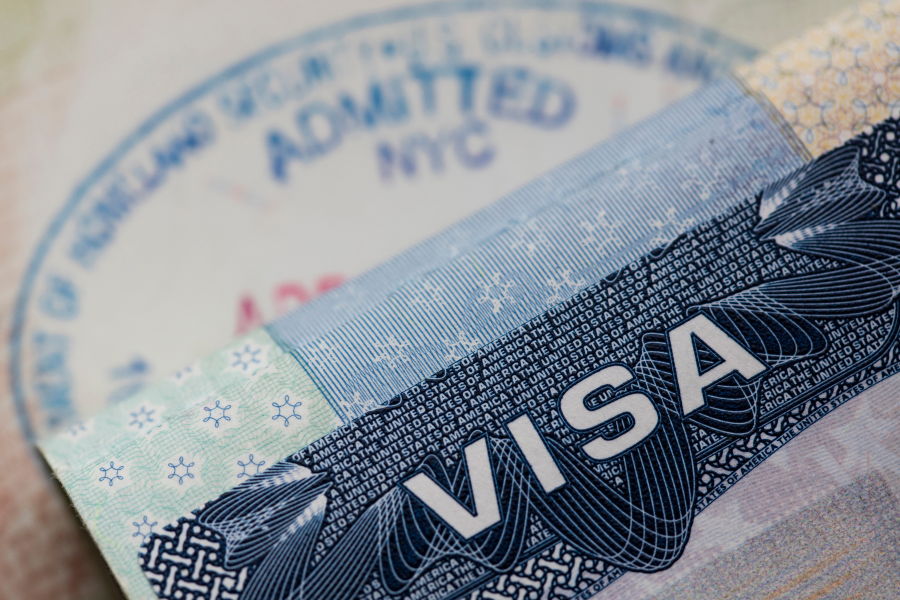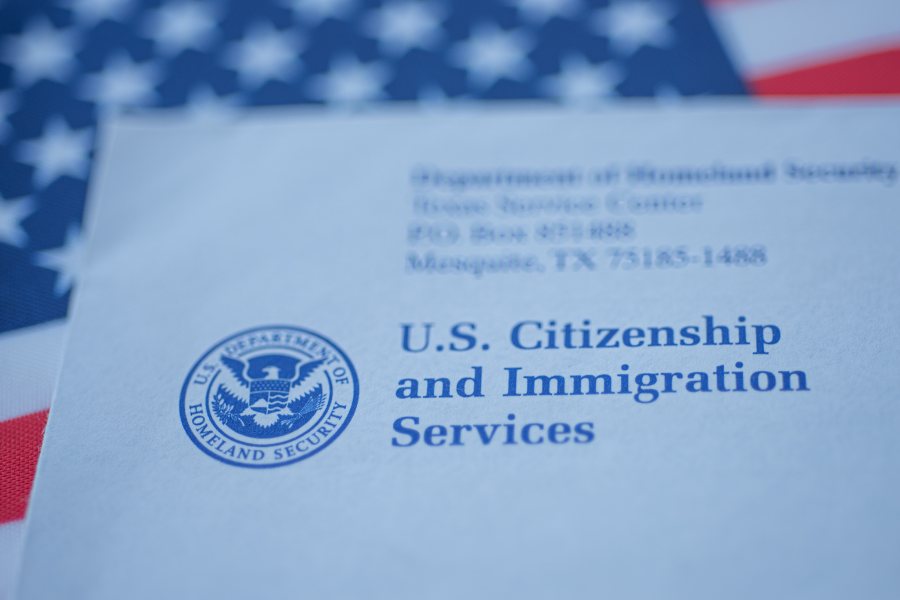On October 7, 2020, Green and Spiegel reported that the U.S. Department of Labor (DOL) announced an Interim Final Rule (IFR) designed to reform the prevailing wage methodology used by the DOL in several foreign worker programs that rely on the determination of a prevailing wage, including the H-1B, H-1B1, E-3, and PERM Labor Certification processes. The IFR went into effect on October 8, 2020, prior to the customary notice and comment period that normally accompanies the issuance of a new federal regulation. Under the new IFR, any LCA filed on or after October 8 would be subject to the new and significantly higher minimum prevailing wage structure. We also noted that it was expected that this new IFR would be subject to federal litigation, and therefore might be enjoined, and that is exactly what happened: On December 2, 2020, in the case of U.S. Chamber of Commerce et al. v. DHS (20-cv-07331), a federal judge in California ruled that the DOL did not have good cause to bypass notice and comment rulemaking procedures in violation of the Administrative Procedures Act. As a result, the newly revised prevailing wage system was set aside immediately, and the former system restored.
Now, in the last full week of the Trump administration, the DOL has once more issued a prevailing wage rule that lifts wages for H-1B, E-3, and H-1B1 nonimmigrant cases and for the PERM labor certification program. The new final rule, which was published on January 14, and goes into effect sixty days later, contains significant prevailing wage increases for all wage levels, though the new minimums are not as high as initially sought by DOL. The rule also provides a multi-year transition period which is intended to give employers time to meet the wage increases and makes certain accommodations for H-1B workers who are pursuing employment-based permanent residence. Initial wage increases are set to begin on July 1, 2021.
The effective date of the rule will likely be further extended as President-Elect Biden’s transition team has indicated that the new administration will issue a memorandum on January 20 delaying implementation of so-called “midnight regulations” (i.e. those issued since the election but not yet effective) for 60 days. We also expect that groups that previously challenged this regulation will continue to litigate the revised final rule.
Green and Spiegel will continue to follow these critical developments related to prevailing wages as they impact U.S. employers’ ability to hire the best talent to remain competitive.



